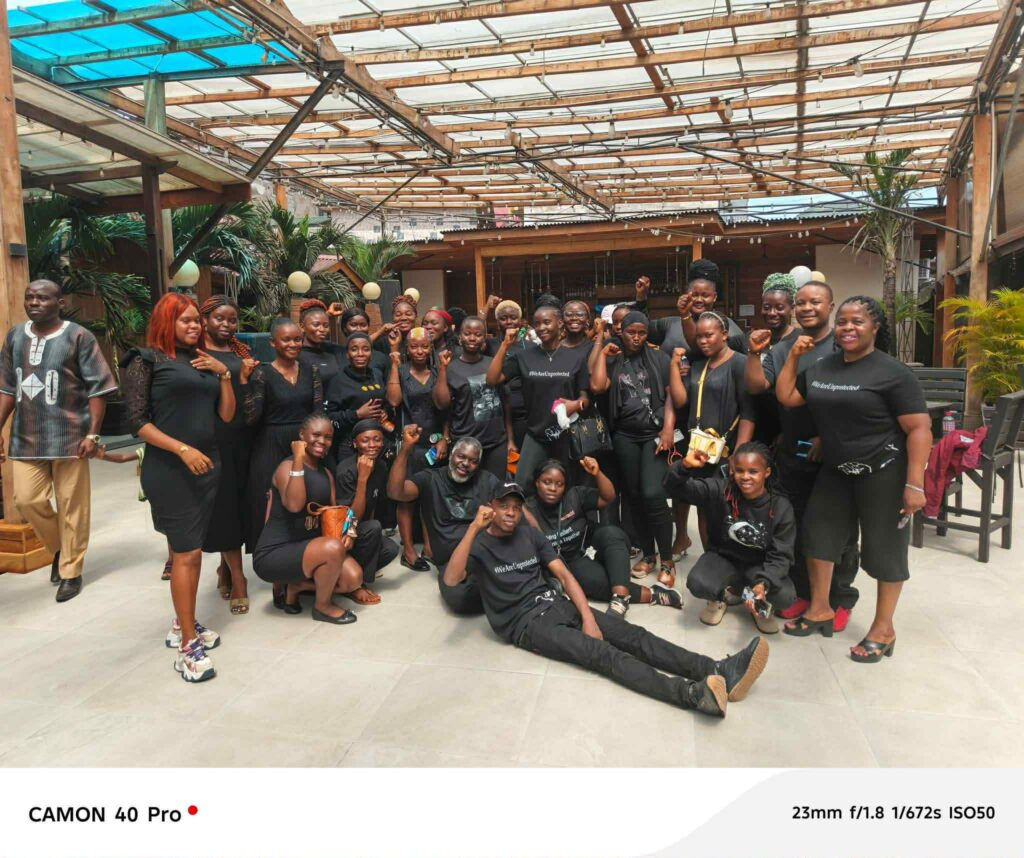Youth, Civil Society, Tackle Stigma Around Sexual and Reproductive Health in Liberia

September 30, 2025
By Layman Kollie
Monrovia: Young people, civil society groups, and advocates gathered under the banner of the Amplifying Rights Network (ARN) for a powerful dialogue on advancing sexual and reproductive health and rights (SRHR) in Liberia.
The event, held under the theme “Advancing SRHR for a Healthy Future”, brought together adolescents, youth leaders, and organizations determined to challenge stigma and empower communities
In her opening remarks, Facia Harris, Chairperson of the Amplifying Rights Network, emphasized the central role of youth in breaking barriers around SRHR. “Sexual and reproductive health and rights are part of our everyday lives.
They are fundamental rights,” Harris said. “It is important that young people are empowered with relevant and needed information to make informed choices and decisions, but also to speak out against stigma in our homes, communities, and society at large.”
She reminded participants that ARN is committed to ensuring youth involvement, education, and advocacy around SRHR, urging them to use the space as a safe environment for open dialogue and mutual respect. Delivering the overview, Lovetee Sumo, Project Officer at Youth Alive Liberia, highlighted the many barriers that young people face.
“SRHR remains a sensitive subject in many communities, often surrounded by silence, misconception, and stigma,” Sumo explained. “Young people face multiple barriers cultural taboos, fear of judgment, and lack of youth-friendly spaces. Stigma not only limits their access to services but also undermines their confidence, rights, and ability to make informed decisions about their health and well-being.”
The discussion tackled forms of stigma such as mental illness, abortion, teenage pregnancy, gender identity (LGBTQI), disabilities, and poverty. Presenters stressed that stigma can only be reduced through deliberate policy changes, stronger community dialogue, and breaking structural barriers. The initiative aims to empower youth leadership by equipping young people with advocacy and communication skills, strengthening collaboration with civil society and service providers, and creating safe spaces where adolescents and youth can openly discuss SRHR issues.
Expected outcomes include increased awareness of stigma, stronger youth-led advocacy for SRHR policies, and greater community acceptance of youth engagement. “By creating safe spaces, amplifying youth voices, and building partnerships, we can foster a new generation of leaders committed to advancing SRHR in Liberia,”
Sumo concluded. With more than ten civil society organizations collaborating under ARN, the event reaffirmed that the fight against stigma is not just about health it is about dignity, rights, and ensuring a healthier future for all young Liberians.



